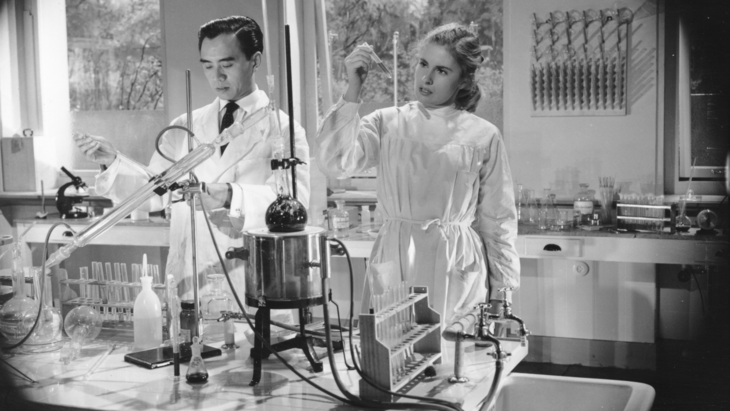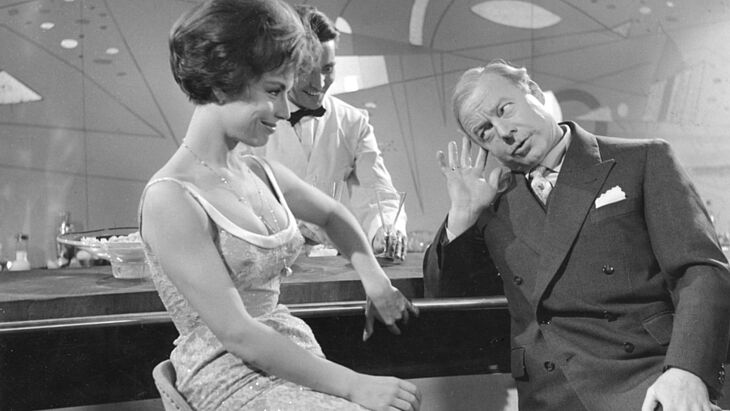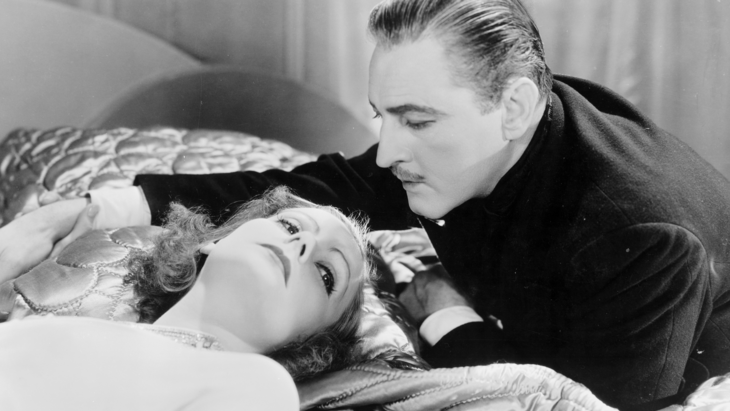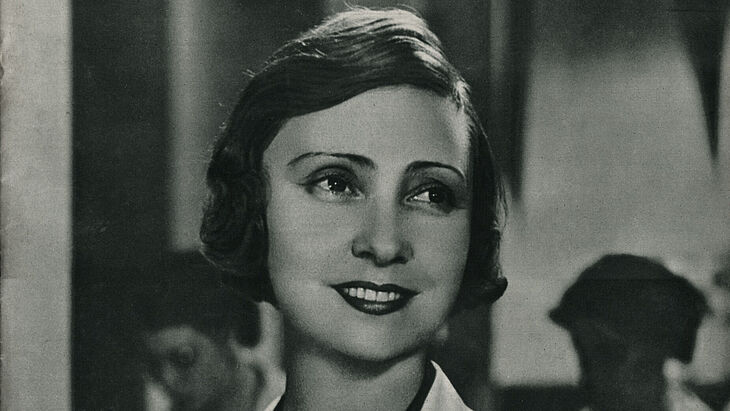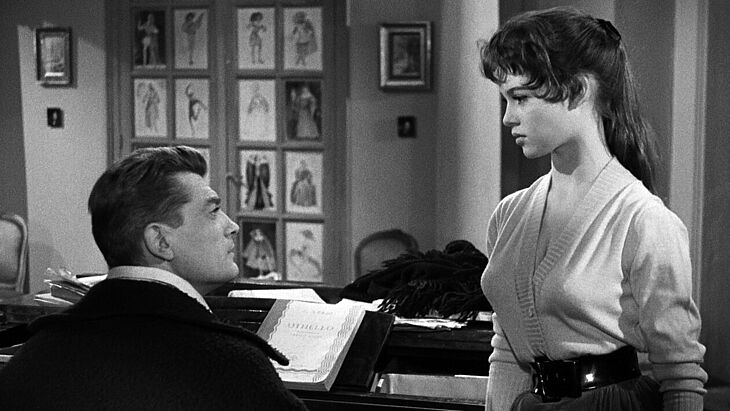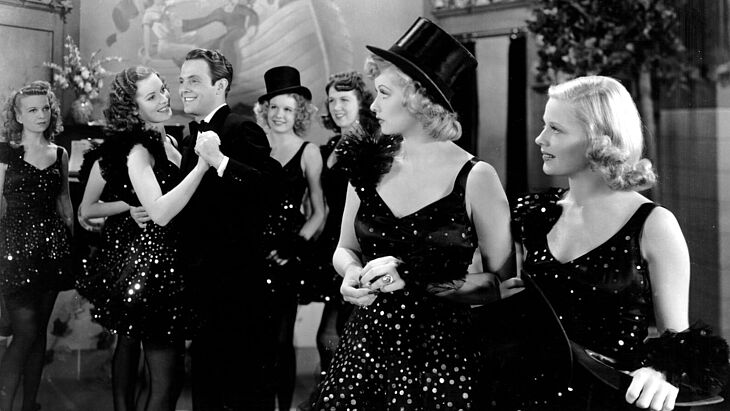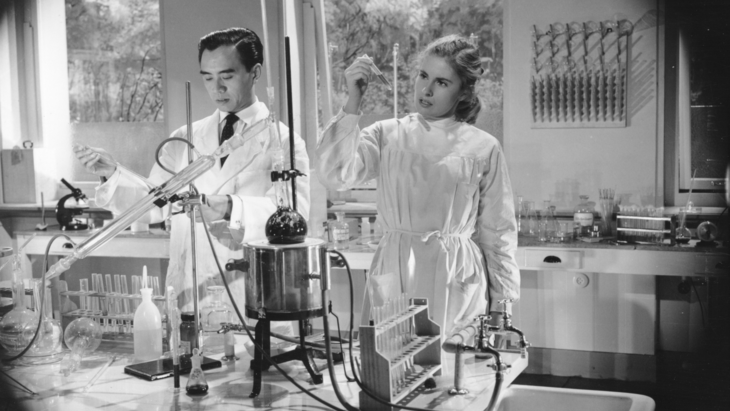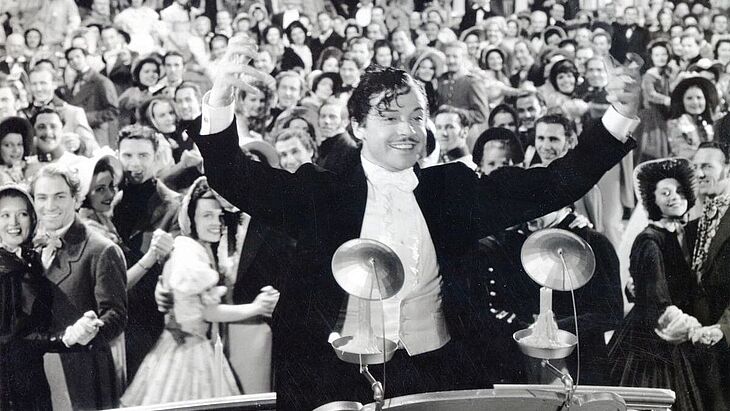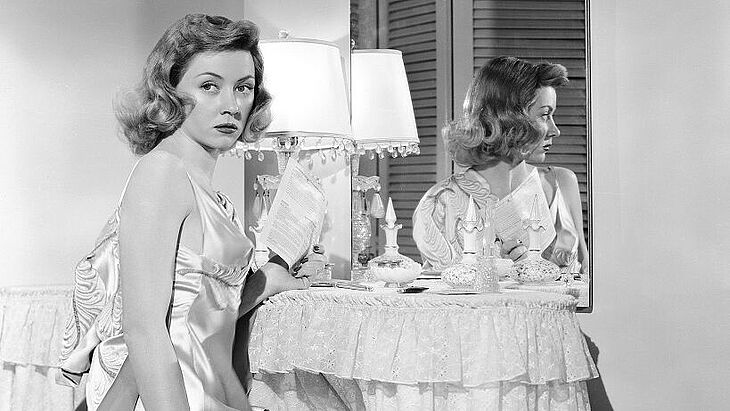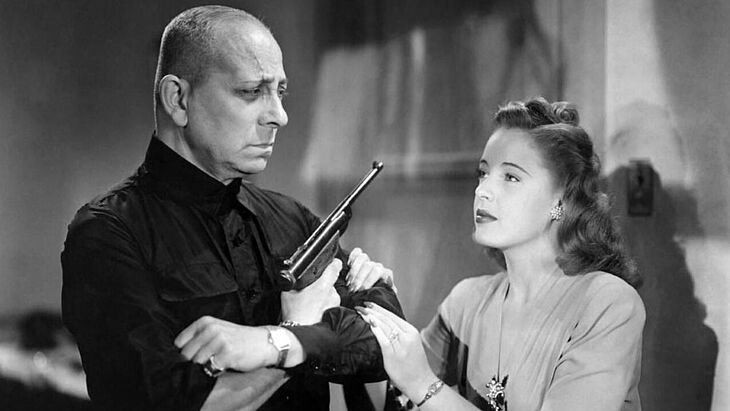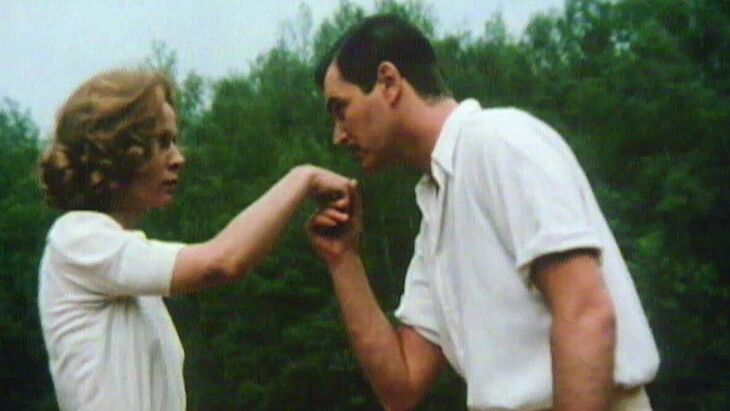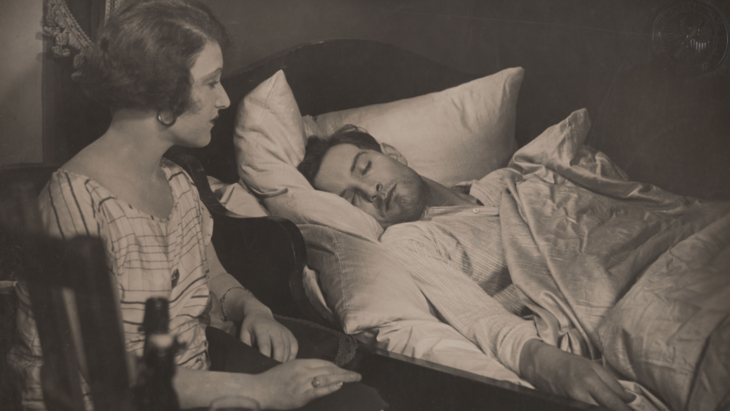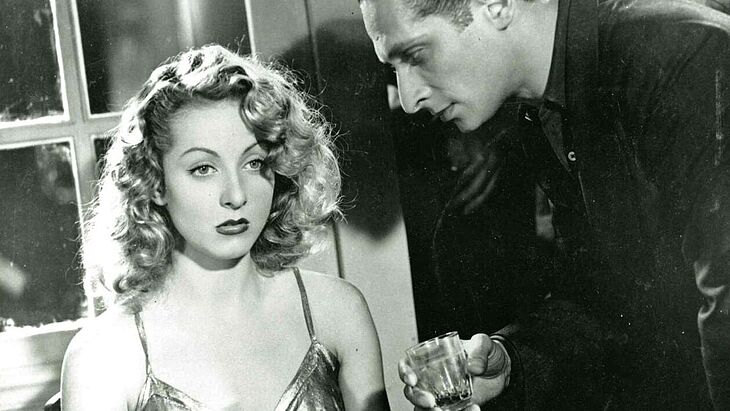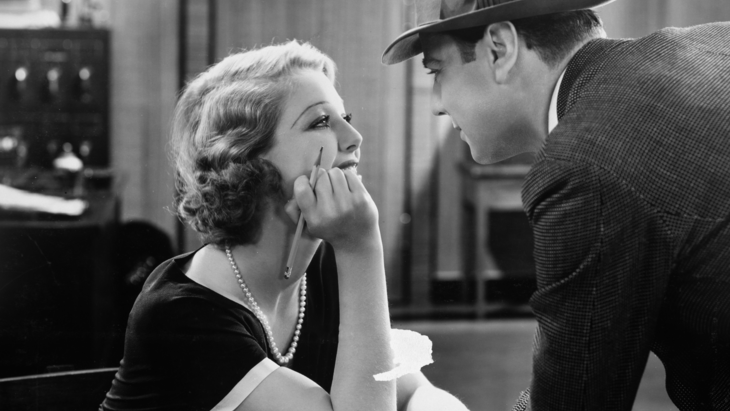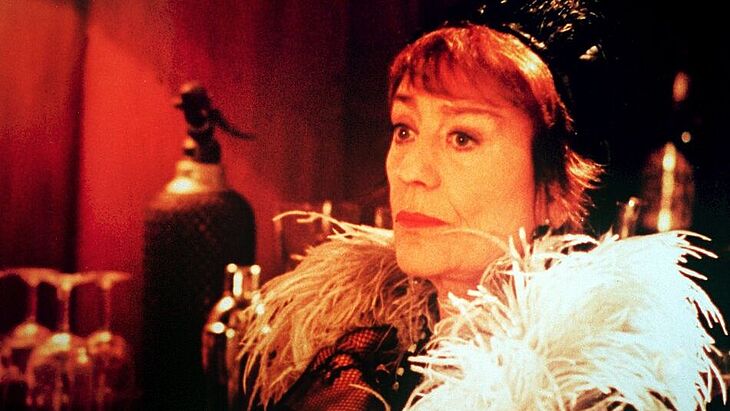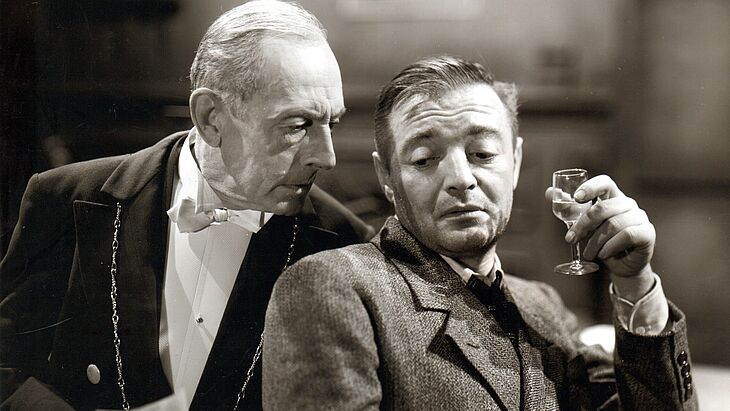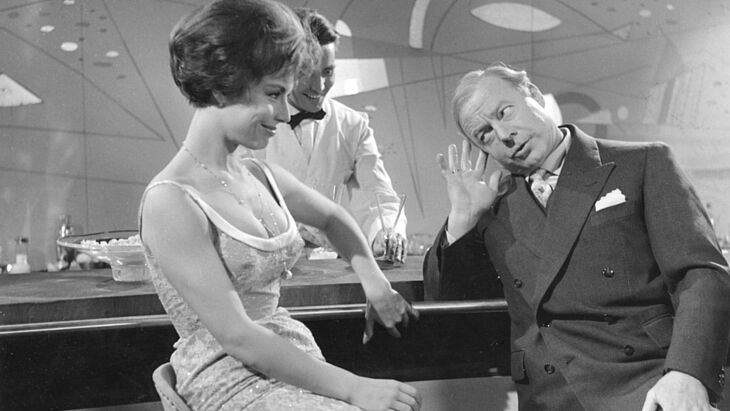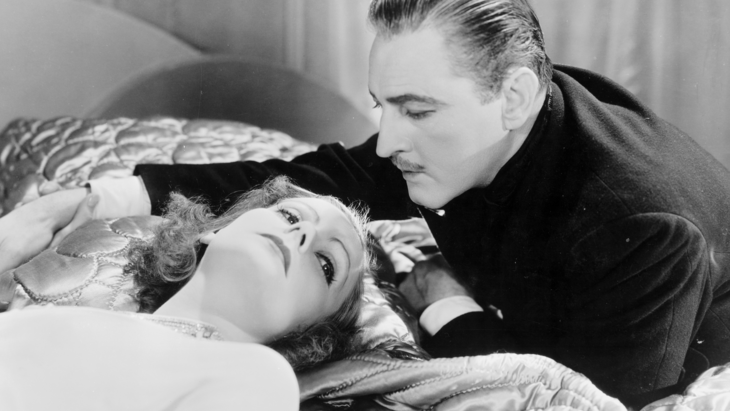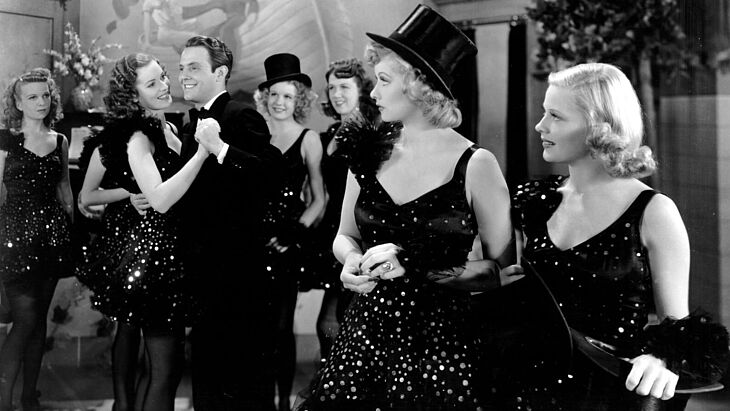Who’s Afraid of Kitsch and Kino?
The Films of Vicki Baum

Vicki Baum was one of the most successful German-language writers of the 20th century. Her novels have shaped the image of the New Woman and captured the zeitgeist of her era. It is little known, however, that Vicki Baum also worked for decades in Europe and America for the film industry. Not only were her works regularly adapted into films, she was also directly involved in several film productions, adapting some of her works herself or writing scripts in Hollywood. Yet Baum's success did not protect her from envy and resentment. The bestselling author repeatedly faced accusations that she was merely producing light fiction, that her writing was trivial and colportage, kitsch and sentimental. Baum reacted with self-confidence. She understood her literary writing as refined craftsmanship, and addressed her readers as an audience with their own judgment. This makes Vicki Baum the representative of a new, popular and successful entertainment culture that resists external attributions, just like cinema, which was subject to similar prejudices at the same time.
Born into a Jewish family in Vienna in 1888, Baum initially trained as a harpist at the conservatory. Her literary breakthrough came in 1926 when she moved to Berlin with her family. There she wrote exclusively for the Ullstein publishing house as an editor and published new novels every year, many of which became bestsellers. Her publisher's marketing strategies also included film adaptations of her works, which Ullstein did not see as competing with literature but rather as boosting sales. The Hollywood adaptation of "Menschen in Hotel" finally took Baum to the United States in 1931, where she emigrated permanently the following year, shortly before the National Socialists seized power in Germany, where her books were burned shortly afterwards. In her new homeland, Baum continued to work as a writer and, up until 1937, for the Film Studio MGM, for whom she wrote screenplays and drafted scripts. After becoming a US citizen in 1938, she began publishing her novels in English. She died in Los Angeles in 1960.
The retrospective "Who's Afraid of Kitsch and Kino? The Films of Vicki Baum” traces the writer's influence on cinema and offers a journey through international film history. The program is structured around key themes in Vicki Baum's oeuvre. An initial focus lies on the adaptations of her three hotel novels "Menschen im Hotel", "Hotel Shanghai" (1937) and "Hotel Berlin" (1943), which are simultaneously milieu studies and social satires. Baum's female characters are also particularly noteworthy, as they are unusually complex and contradictory, despite being regarded ambivalently by later feminist reception. Finally, Baum's novels and films negotiate the boundary that seems to separate art and entertainment. They often tell of artists and take place on stages where ballet and revue dancers are equally present. (Eh-Jae Kim and Max Grenz)
